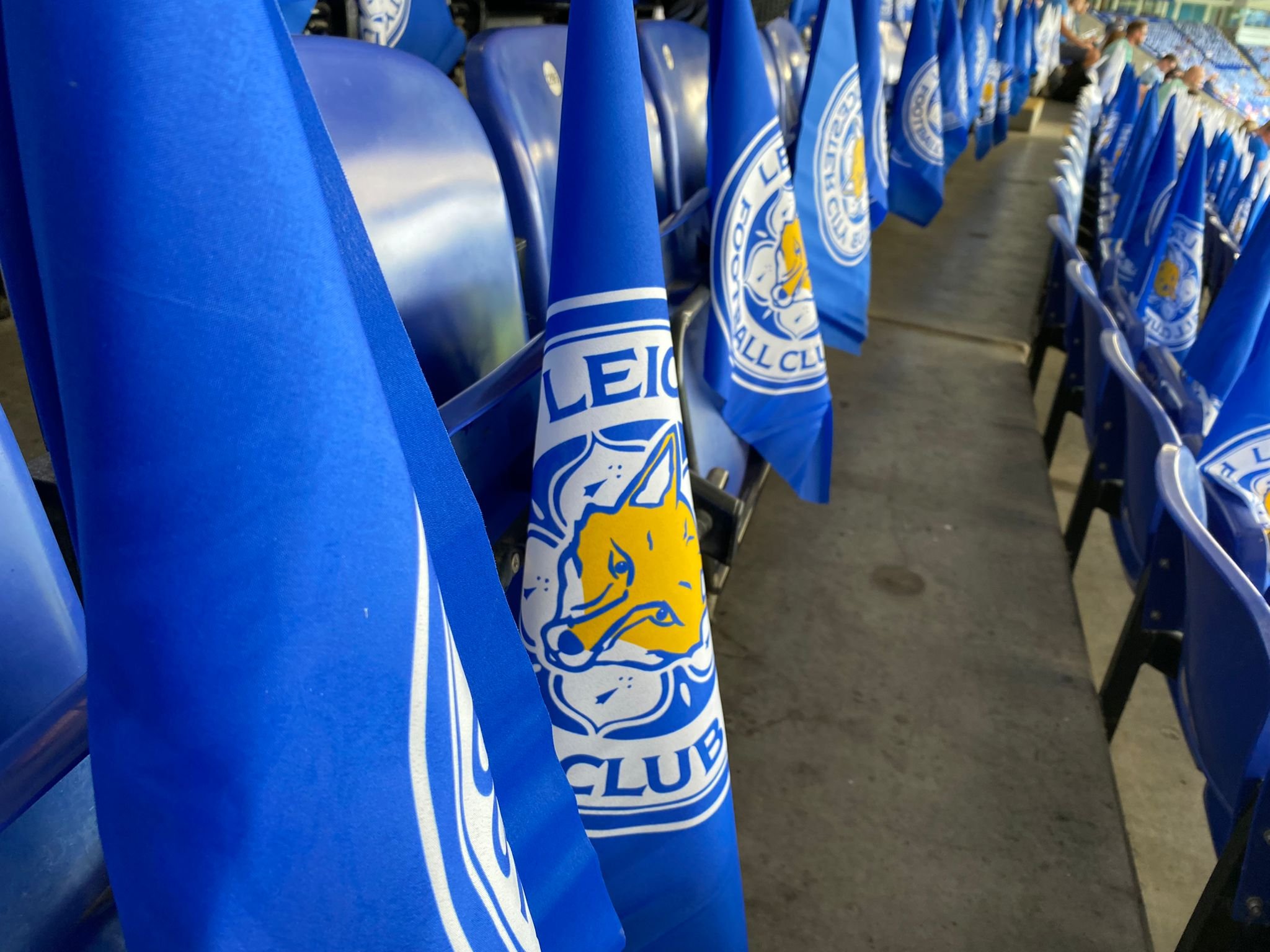My first Leicester City years: listening out with pride and panic on BBC Radio 5
On 5 January 1991, my dad set off to watch Leicester City at The Den in the FA Cup third round. I was six years old. I waited at home for him to get back so he could tell me the result. Although it sounds like something from the Middle Ages, I know this is what happened because one of my earliest memories is his return later that day.
“Leicester won,” he said.
I started celebrating.
“Millwall two,” he continued.
Looking back, it seems a cruel way to deliver the news. But these were barren times to support Leicester, especially in the FA Cup - we only passed the third round stage once in the decade either side of that defeat to Millwall. So I should have been expecting it. I don’t think I’ve expected anything much from Leicester since.
I needed a better way to follow City from afar.
I eventually found it on 909 and 693, medium wave.
Mid-’90s
This season, BBC Radio 5 Live has ditched the classified football results at 5pm on a Saturday because of the regular 5.30pm kickoff - a radio tradition dispensed with because of a television innovation.
The reason this makes me a little sad is that in the 1990s, living just outside of Radio Leicester range, Radio 5 became the mainstay of my football-obsessed childhood. I listened to it every Saturday afternoon and waited patiently for news from Filbert Street or wherever Leicester were playing that day.
I lost count of the number of times I’d mishear ‘Manchester City’ as ‘Leicester City’, or my ears would prick up because I thought I’d heard the name of Pat Murphy, Radio 5’s Midlands football correspondent who was usually stationed in the Carling Stand, to give updates on our games.
En route to home games, we would usually have Radio 5 on in the car and I loved listening to the reporters chipping in with previews from different grounds.
That was the routine, but it’s a break in that routine I remember now - my dad picking me up from a school football tournament so we could drive to Leicester for a night game at Filbert Street. The date was 13 March 1996, and football had been sidelined as Radio 5 reported on the massacre of 16 primary school pupils and their teacher in Dunblane.
That night was an example of how following football on Radio 5 could provide an important lesson in perspective, and not just in the face of unfolding tragedies. Football was the main focus but a news story could take over, or the presenter would cut to Cornelius Lysaght for the 3.40 at Ascot. It was probably healthier for a child slipping further and further into a lifetime’s obsession with football to be pulled away every now and then.
Radio 5 also helped teach me who my tribe was. Almost exactly a year on from the horror of the Dunblane reports en route to a 2-0 defeat against Ipswich, I was listening to Leicester seal a place in a major cup final for the first time in my lifetime. The sense of belonging that can come from hearing your fellow fans across the airwaves is quite special.
That night the travelling supporters were at Selhurst Park for a 1-1 draw with Wimbledon. A couple of years later, they were at the other end of the country for a semi-final first leg at Sunderland’s Stadium of Light. On both occasions, I felt pride swell at the chants from the away end.
“There’s been a goal at…”
Those words any time someone scored in a Leicester game still haunt me a little: “There’s been a goal at…” It’s how much it meant and the anticipation of elation or misery in the next few seconds. With experience, you could often tell what had happened without being told.
The opening day of the season often meant Radio 5 being called into action due to family holidays. In 1998, I was visiting cousins in Cardiff and attending a game at Ninian Park while Leicester were playing 150 miles away at Old Trafford. As we filed out of Cardiff City’s ground, the tannoy man had given a latest score of Manchester United 1 Leicester City 2. Wanting to follow the final seconds as the game went deep into injury time, I had the earpiece of my cousin’s Pepsi portable radio in just in time to hear the commentator scream David Beckham’s name.
The following year, I had to listen to an opening day game at Arsenal from the back of a car travelling across the flatlands of Norfolk. It was all square heading into the closing moments when an update from Highbury set me on edge. On this occasion, a reporter yelled Andy Impey’s name but I was so sceptical he would have scored (two goals in 132 Premier League games for the club, after all) that I refrained from celebrating immediately. Which was just as well. He hadn’t. In a case of mistaken identity on the reporter’s part, it was Frank Sinclair who had just fifty-pence-headed into his own net to lose us the game.
Later that season there were two nights, a week apart, when a cup game went into extra time and then to penalties. Shootouts weren’t a regular occurrence in those days. Listening to Leicester take (and face) spot-kicks on the radio was a whole other kind of tension. Thankfully, we won them both and I savoured the ensuing descriptions of our players racing from the halfway line to celebrate.
In the summer of 2002, Leicester City left for pastures new and so did I - moving to the city for university, becoming a season ticket holder and heading off to away games far more frequently. Before then though, in April, there was a curtain call for my days following our fortunes on Radio 5. Manchester United were relegating us. I listened in as the home sections of Filbert Street stood to applaud for 20 minutes. They weren’t applauding that team or that result. They were applauding the club and the city.
It was a fitting end both for Filbert Street and my days relying on the radio.

